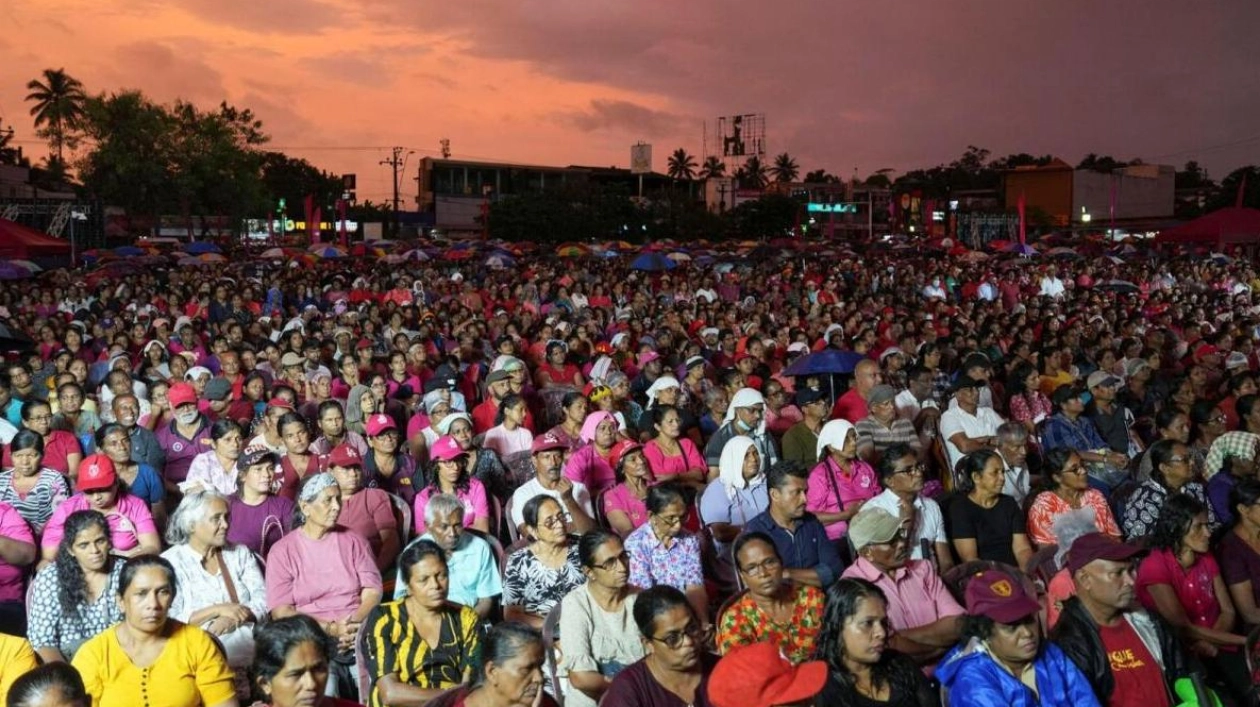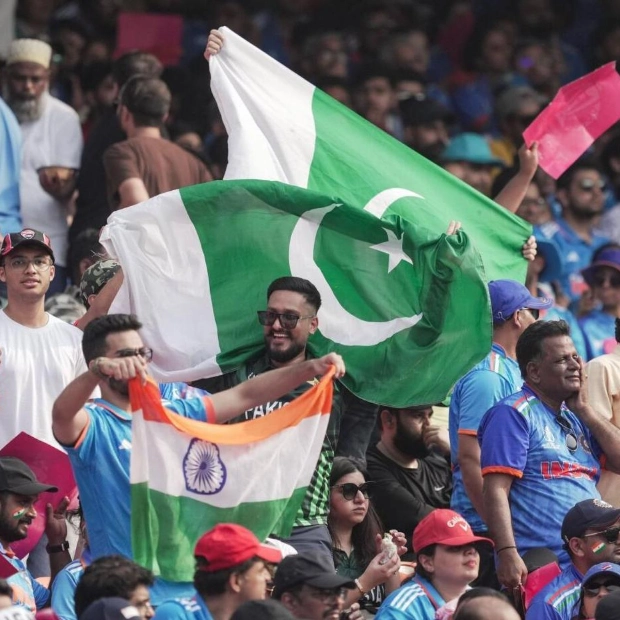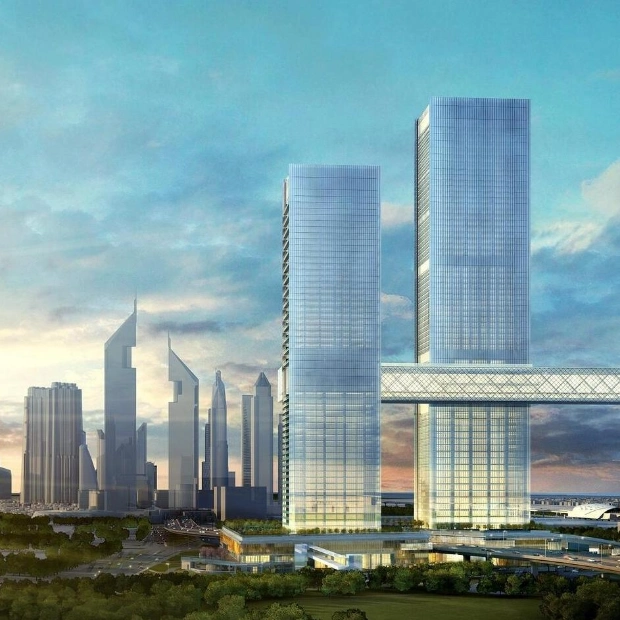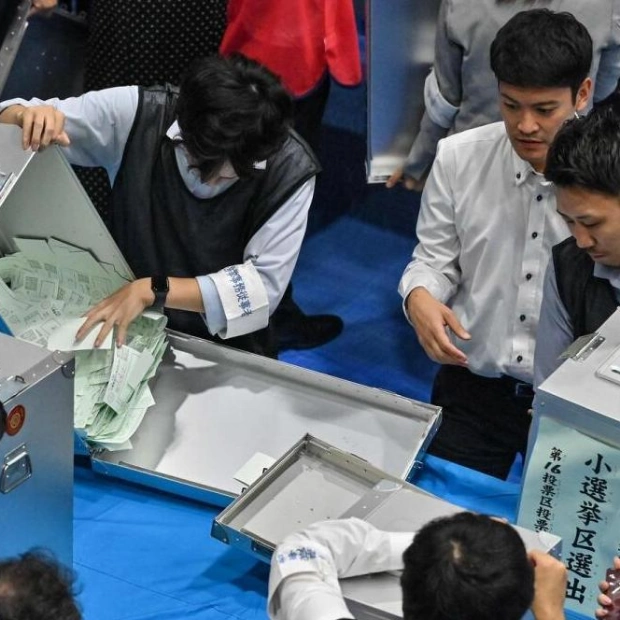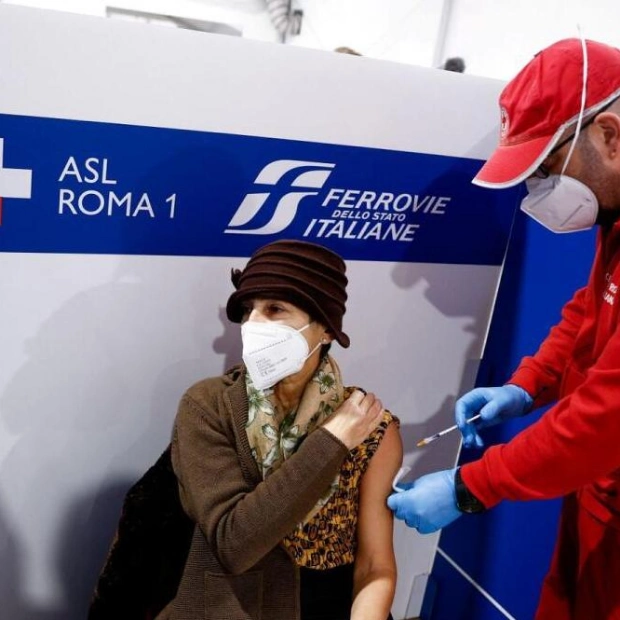Supporters of the National People's Power party gather at a campaign rally in Homagama, Colombo, Sri Lanka, on October 20, 2024, ahead of the 17th Parliamentary Election. — Reuters
Sri Lanka's political campaigning concluded on Monday, setting the stage for parliamentary elections that have evolved into a decisive vote on ambitious anti-corruption measures in the financially troubled nation. The snap legislative election was initiated by new President Anura Kumara Dissanayake, who won the September polls on a platform to combat corruption and reclaim the country's misappropriated assets. The 55-year-old leader aims to secure a two-thirds majority in the 225-member legislature to strengthen his executive authority and advance his reform agenda. Dissanayake's party held only three seats in the previous assembly, elected in August 2020 for a five-year term, which he shortened by nearly 10 months. With nearly 25 years as an MP and a brief stint as agriculture minister, Dissanayake has distanced himself from traditional politicians blamed for the country's 2022 economic collapse. "He came to power on a promise to fight corruption, and the main theme of the parliamentary election campaign remains the same," said political analyst Kusal Perera. Dissanayake's JVP, or the People's Liberation Front, is the core of the National People's Power (NPP) coalition, a group of professionals aiming to form the next government. Despite earlier pledges to renegotiate a $2.9 billion IMF bailout secured by his predecessor Ranil Wickremesinghe, Dissanayake has opted to uphold the agreement with the international lender. The JVP succeeded in the September presidential poll, a stark contrast to their previous failures in armed insurrections in 1971 and 1987, which resulted in at least 80,000 casualties. Poll monitors and analysts observe that Thursday's election has not sparked the same level of enthusiasm or violence as previous polls. Election monitor Rohana Hettiarachchi noted the absence of election-related murders, a significant improvement from past campaigns marked by 30 to 40 such incidents. "This time, we are genuinely pleased with the campaign environment," said Hettiarachchi, head of the People's Action for Free and Fair Elections. Analyst Perera attributed this calm to the opposition's minimal campaigning during the seven-week period. "The opposition is inactive," Perera said. "The outcome of the election is already clear. The NPP will form the next government." Polls for the 17 million registered voters open at 7am (0130 GMT) on Thursday, with results anticipated on Friday. The outgoing parliament was dominated by the party of former president Mahinda Rajapaksa — the Sri Lanka Podujana Peramuna (SLPP), or the People's Front — but it has since fragmented. Rajapaksa is not contesting, but his son Namal, a former sports minister, is seeking re-election. Over 60 senior politicians from the previous administration have chosen not to run.
Source link: https://www.khaleejtimes.com
